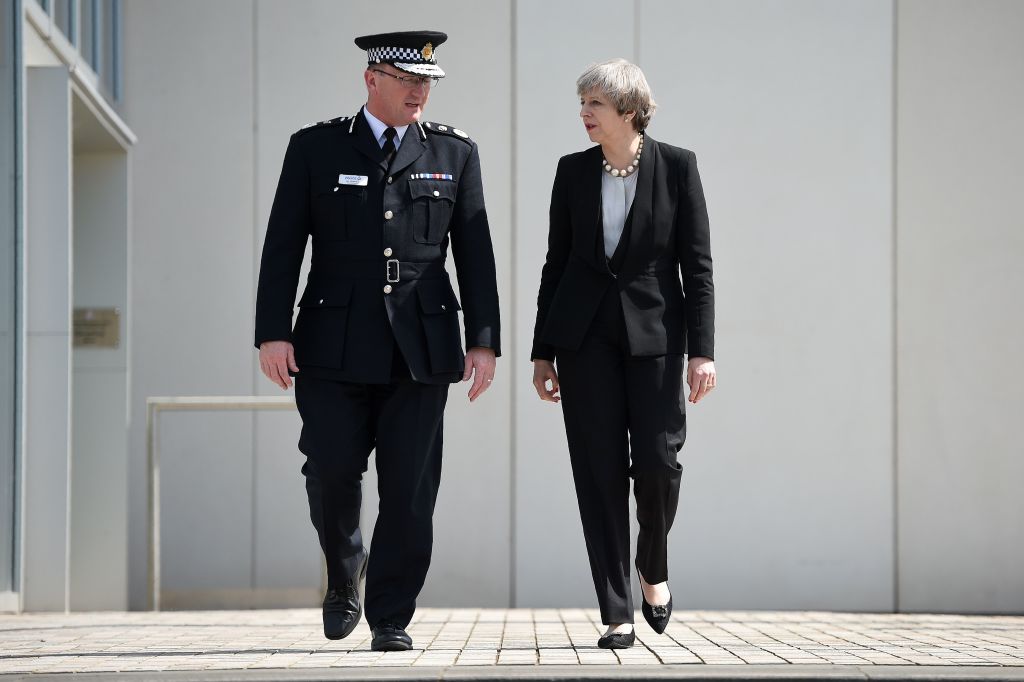Yesterday morning, Home Secretary Amber Rudd warned the US government to stop leaking details from the investigation into the Manchester bombing. Her words appear to have fallen on deaf ears: last night, photographs taken at the scene of the blast, showing a possible detonator used by the bomber, appeared on the New York Times website. The pictures, in which bloodstains on the floor were clearly visible, were the type of detail which would only emerge, if at all, during a court case in the UK, rather than in the hours after the bombing.
The backlash from the British government has been furious – a senior Whitehall source told The Daily Telegraph that the leaks were ‘unacceptable’ and risked compromising the investigation. The National Police Chiefs’ Council said the information which had been revealed in the US media was a breach of trust. But this isn’t only a war of words: police have now reportedly stopped sharing intelligence gathered in Manchester with the US as a result of the leaks.
This is a serious development and demonstrates the extent to which relations have been damaged as a result of the flow of information coming out from the US. We learned from the American media the name of the bomber, the number of victims and the number of those injured, the identity of one of those arrested by police in the hours after the bombing – and now even details about the type of battery which appears to have been used in the explosive device used to devastating effect in Manchester. For the families of the victims, the way in which these details have come out are likely to have compounded the pain of attempting to deal with what has happened. But there is a more dangerous implication – a breakdown in trust between the UK and the US. Intelligence sharing is a vital part of the ‘special relationship’ with the United States. It’s difficult to see how the leaking of information hasn’t damaged that relationship – and without this trust, we’re all worse off.







Comments